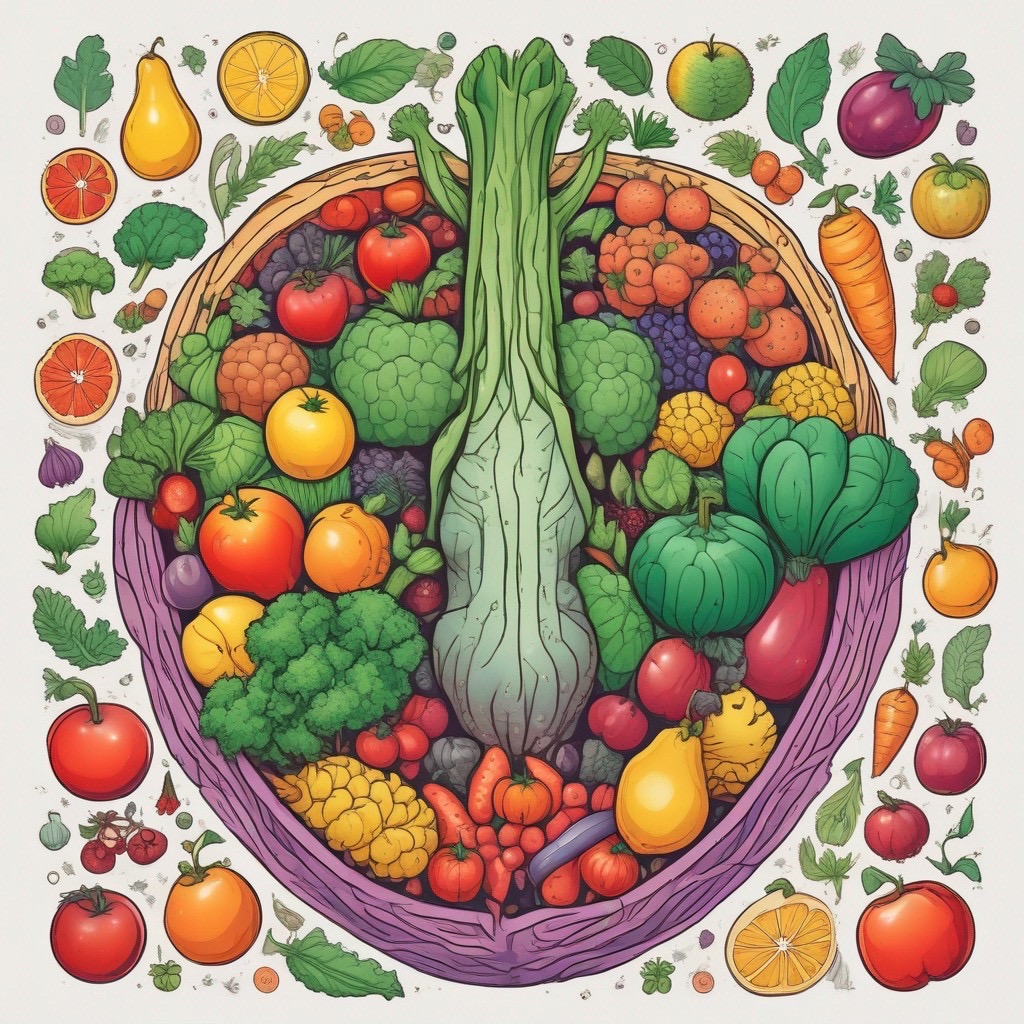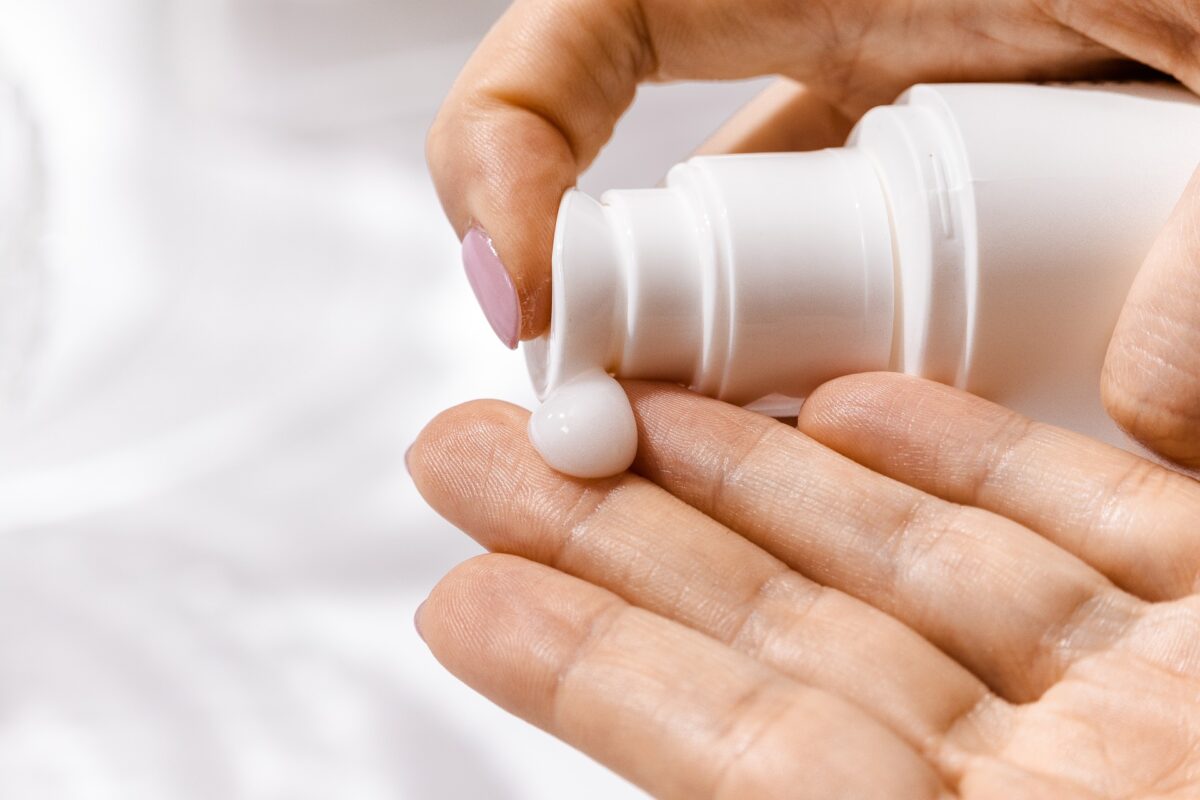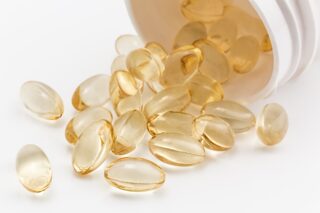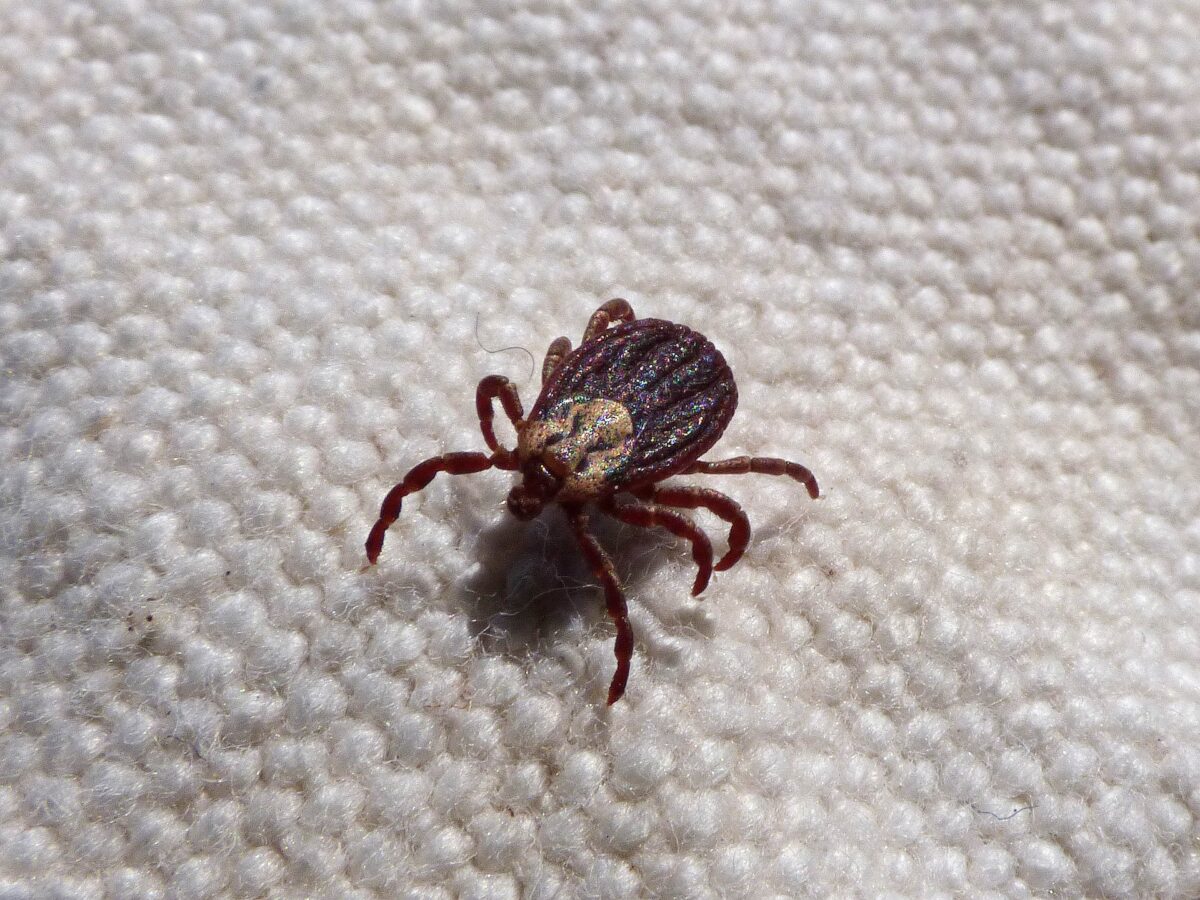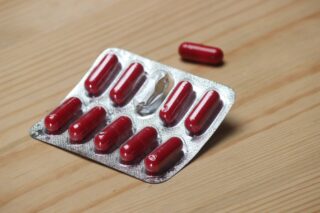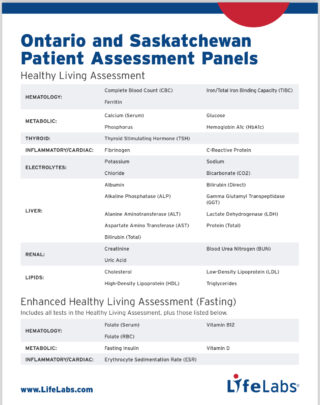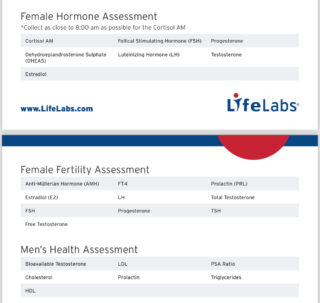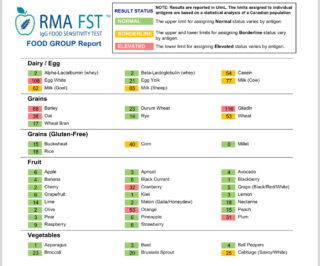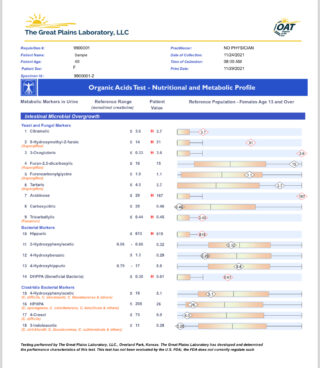Bladder cancer is an often-overlooked but critical health concern. Many people are unaware of its prevalence and the proactive steps they can take to protect themselves. This guide dives into how dietary sulforaphane and carotenoids can play a pivotal role in bladder cancer prevention and treatment. Read on to discover the science behind these powerful compounds and how you can easily incorporate them into your diet.
Introduction to Bladder Cancer
Bladder cancer begins in the cells of the bladder and can spread to other parts of the body if not detected early. It’s the sixth most common cancer in the United States, affecting both men and women, though men are at a higher risk. Early detection and prevention are essential for improving survival rates and quality of life.
Bladder cancer symptoms, such as blood in the urine, frequent urination, and pelvic pain, can often be mistaken for other conditions, making it crucial to stay informed and vigilant. By understanding the risk factors and taking proactive measures, including dietary changes, you can significantly impact your bladder health.
This blog post will explore the role of sulforaphane and carotenoids—two powerful dietary compounds—in preventing and managing bladder cancer. We’ll also provide practical tips to help you integrate these nutrients into your daily meals.
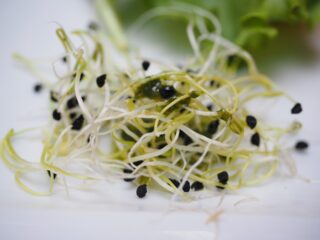
Understanding Sulforaphane and Carotenoids
What is Sulforaphane?
Sulforaphane is a natural compound found in cruciferous vegetables like broccoli, Brussels sprouts, and kale. It is renowned for its potent antioxidant and anti-inflammatory properties. Sulforaphane helps in detoxifying harmful substances and protecting cells from damage, making it a valuable ally in cancer prevention.
What are Carotenoids?
Carotenoids are pigments found in many fruits and vegetables, giving them their vibrant colours—think carrots, sweet potatoes, and tomatoes. Beta-carotene, lycopene, and lutein are among the most well-known carotenoids. These compounds function as antioxidants, reducing oxidative stress and supporting overall cell health.
Health Benefits
Both sulforaphane and carotenoids have shown promise in preventing various cancers, including bladder cancer. Their ability to neutralize free radicals and support the body’s natural defence mechanisms makes them essential components of a cancer-preventive diet.
The Role of Diet in Bladder Cancer
Impact of Diet
Diet plays a significant role in the development and progression of bladder cancer. Consuming a diet rich in antioxidants, vitamins, and minerals can help reduce the risk of cancer by boosting the immune system and reducing inflammation.
Importance of Sulforaphane and Carotenoids
Including sulforaphane and carotenoids in your diet can provide substantial protective benefits. These compounds help in reducing the risk of bladder cancer by preventing DNA damage, inhibiting tumour growth, and promoting the elimination of carcinogens from the body.
Practical Dietary Changes
Making small, consistent changes to your diet can have a profound impact on your health. Incorporating more cruciferous vegetables and colourful foods into your meals is an excellent starting point for reaping the benefits of sulforaphane and carotenoids.
Research and Evidence
Recent Studies on Sulforaphane
Recent research has highlighted sulforaphane’s effectiveness in cancer prevention. A study published in the journal “Cancer Prevention Research” found that sulforaphane can inhibit the growth of bladder cancer cells and induce apoptosis (programmed cell death).
Carotenoids and Bladder Cancer
Carotenoids have also been extensively studied for their cancer-fighting properties. A study in “The American Journal of Clinical Nutrition” reported that higher dietary intake of carotenoids is associated with a lower risk of bladder cancer.
Combined Benefits
Combining sulforaphane and carotenoids in your diet amplifies their protective effects. These compounds work synergistically to enhance the body’s natural defence mechanisms against cancer development and progression.

Incorporating Sulforaphane and Carotenoids into Your Diet
Practical Tips
- Eat More Cruciferous Vegetables: Include broccoli, broccoli sprouts, brussels sprouts, kale, and cauliflower in your meals.
- Opt for Colourful Fruits and Vegetables: Add carrots, sweet potatoes, tomatoes, and spinach to your diet.
- Try Smoothies and Salads: Blend these vegetables and fruits into smoothies or add them to salads for a nutrient-packed meal.
- Cook Lightly: Light cooking methods, such as steaming, can help retain the beneficial compounds in these foods.
Simple Recipes
Broccoli Stir-Fry
Ingredients:
- 2 cups of broccoli florets
- 1 bell pepper, sliced
- 1 carrot, julienned
- 2 tablespoons olive oil
- 1 garlic clove, minced
- Salt and pepper to taste
Instructions:
- Heat olive oil in a pan over medium heat.
- Add garlic and sauté until fragrant.
- Add broccoli, bell pepper, and carrot. Stir-fry for 5-7 minutes.
- Season with salt and pepper. Serve hot.
Carrot and Tomato Salad
Ingredients:
- 2 carrots, grated
- 1 tomato, diced
- 1 cucumber, sliced
- 1 tablespoon lemon juice
- Salt and pepper to taste
Instructions:
- Combine carrots, tomato, and cucumber in a bowl.
- Drizzle with lemon juice.
- Season with salt and pepper. Toss well and serve.
Daily Meal Plan
- Breakfast: Smoothie with spinach, kale, and carrots.
- Lunch: Broccoli stir-fry with brown rice.
- Dinner: Grilled chicken with a side of carrot and tomato salad.
- Snacks: Fresh fruit such as mango or a handful of cherry tomatoes.
Conclusion and Call to Action
Incorporating sulforaphane and carotenoids into your diet is a powerful strategy for preventing and managing bladder cancer. By understanding the importance of these compounds and making simple dietary changes, you can take proactive steps toward better health.
Remember, a healthy diet is just one part of a comprehensive approach to cancer prevention. Always consult with a healthcare professional for personalized advice and support. Share this information with loved ones who may benefit, and join the community of health enthusiasts committed to making informed, proactive choices.
For personalized dietary plans and more tips on cancer prevention, contact our naturopathic experts today. Let’s make health and wellness a priority together.

